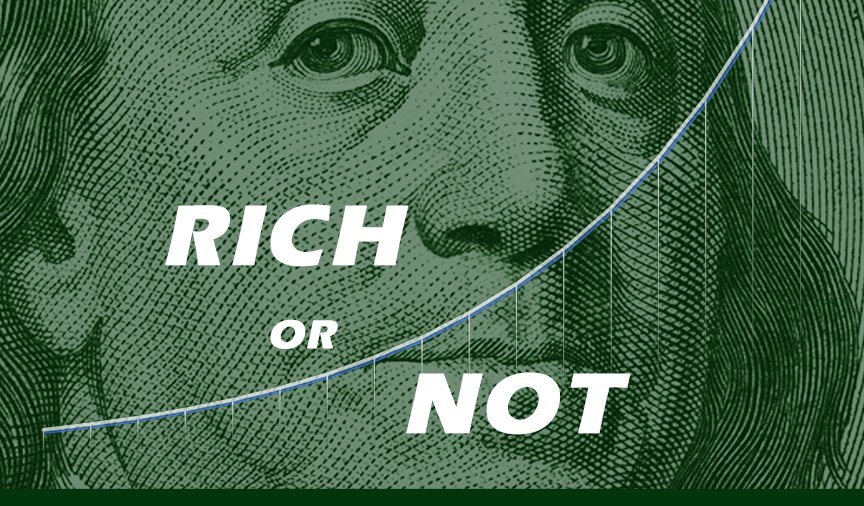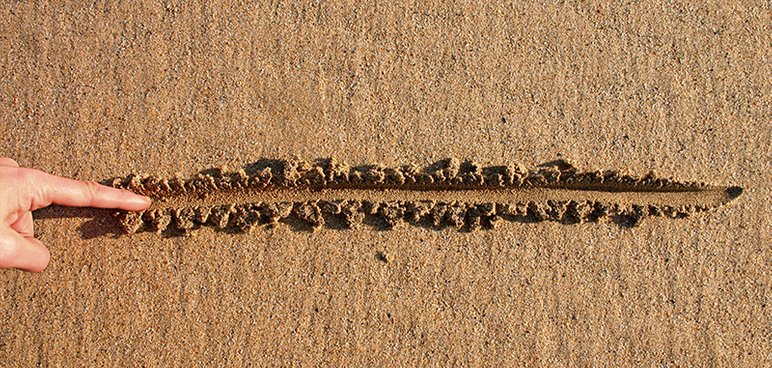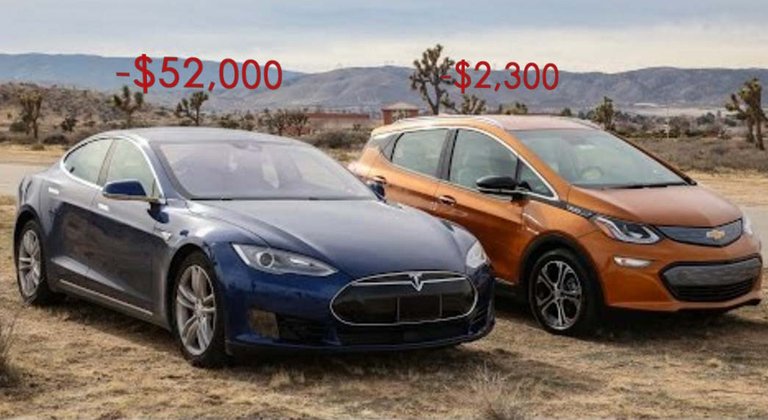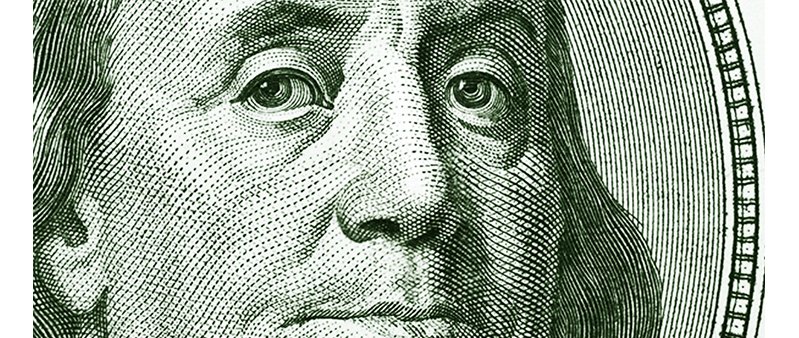Who Is Rich? Who Is Not?
By Emma & Tristan Tully // 12.15.2020 \\
When I was six years old, I remember enjoying a peanut butter and jelly sandwich and a glass of milk when I asked my mother, “Mom, are we rich?” As she snuck a celery stick onto my plate, she gave a warm smile and said, “we’re rich in spirit, honey.” Her answer was not the answer I was looking for. I wanted her to draw a line in the sand, set the threshold, measure the finish line, and tell me which side we were on. I didn’t like her answer, but there was never any sense in arguing with or interrogating my mother. My mother also fully believed in her response. This wasn't a canned reply to avoid little Tristan telling the neighborhood our family business. Mom was speaking with conviction. She was right too. We were blessed.
To be clear this article is going to talk about money. People get uncomfortable when talking about money. They’d rather discuss death, politics, even sex! But money? Never would their lips venture to such a carnal affair. Everyone I know uses money, values it to some degree, and recognizes what money is capable of doing. People treat money like an embarrassing roommate—they live with him but try to avoid him. Why do we do this? Money, after all, is just numbers. Right? Could it be that like young Tristan, we are all unsure where the line in the sand is? We are unsure who is rich and who is not? And we can’t ask anyone, because. . . Well, because THAT would be immoral and rude! Discussing money? How dare you.
Granted. Asking people how much money they have would be impolite, and not everyone wants to know about your financial situation either. But why do I feel awkward confessing that my financial goal is to earn $100k each month? Why does oxygen leave the room when someone says they are short $10k to pay a bill? My theory? It comes back to that little line in the sand. Many people haven’t addressed that line. They know it exists, but they don’t know where it is. When we start talking about money, we start messing with their line.
Where is your line?
Who is wealthy and who is not? It’s a question we all have asked. Perhaps not out loud like young Tristan, but whether subconsciously or consciously, you have asked this question. And what was your answer?
Is “being rich” based upon possessions: a home, boat, or car? Maybe it’s a lifestyle: travel, fitness clubs, and fine dining. While these items may signal wealth, they do not constitute it. Visit a yacht club and you’ll encounter a number of folks living beyond their means. Host a conference for millionaires and you’ll see more Fords than Ferraris. Wealth cannot be defined by what a person owns or the lifestyle they live. A person's home, clothing, and lifestyle only tell us what a person chose to do with some money—we don't even know if that money was theirs! Recently Emma said, “Imagine if cars had a bubble floating over it that indicated how much the owner still owed on the car. Do you think we’d have more respect for the paid off beaters?”
Since possessions and lifestyles mislead us, we need to define wealth based upon something different. Is it a certain salary? Or is it an amount of cash in the bank? If Shelley makes $200k per year and has $0 in the bank, and Brandon makes $0 per year with $1 million in the bank, who is richer? What if Shelley's annual living expenses are $50k, but Brandon’s are $680k per year? In different senses, they both seem rich. Shelley’s income is far higher than her living expenses, but Brandon’s net worth is substantial. Brandon is a broke millionaire, but Shelley is also 10 years behind where Brandon is today. Now, imagine Shelley is 78 years old, but Brandon is 20. She may be past her working years and Brandon has potential. Who is richer now?
It's What You Keep
If you’re a millionaire, but eating your net worth at a rate that you can’t keep up with, you're not rich. You're broke! As the saying goes, “it’s not what you make, it’s what you keep.” But what are we “keeping” for? So we can eat it all later? So we can coast through retirement and time our death right? Or do we keep so we can pass it on to our kids so they can. . . keep? If you have $1 million in 2020 to pass on and your children don’t spend a dime, your grandkids can enjoy $53,763 of today’s dollars in 2099 (thank you inflation). So if you keep just to spend later, you never kept at all. And if you keep just to keep, it evaporates. Surely we're not saving just to spend? And saving just to save? I don’t know about you, but living like you’re in poverty just to avoid poverty has no charm.
Clearly, there is more going on here. There must be a different road. A path that doesn’t waste our efforts. The type of road that builds generational wealth, improves our lives, builds churches, builds hospitals, and imparts change into the world.
Lakes vs. Rivers
Money is like water. Water can be divided up, it can be moved around, it can be used to move other things around too. Finances can be liquid or frozen, they can be collected or scattered. Money is like lakes and rivers.
- Lakes- Saving money is building your lake. Your savings account and gold in the safe are lakes. Lakes are good, but true wealth is not having a large lake. Thinking a large lake solves your financial problems results in saving for events: your kid's college, a new car, retirement. You are filling the lake to drain it later. After you drained your lake, it is empty and you have to save for the next event.
- Rivers- generate wealth whereas lakes store it. Money earned from an online course that you created, royalties from a photo you took, income from a property you own are rivers. Many small streams can make one powerful river, one that can fund college, retirement, and the many expenses of life.
A financial lake is just a body of wealth. Without a stream to feed it, a lake will evaporate. When a large rain comes the lake doesn’t build bigger walls and capture the windfall. It floods, spills, and wastes the extra water. If you get a large commission, tax refund, or bonus do you spill? But, rivers? Rivers, on the other hand, are powerful. Rivers cut into rock to form canyons and valleys. Rivers bring freshwater. Rivers collect rains and deposit them where they belong. Big rivers are useful in transportation and can even generate electricity. You can measure a river by its width, velocity, and length. Lakes in contrast can only be measured by their size.
If you have $1.2M in your lake and your neighbor has a lake of $600k who is going to make more money off an investment in real estate? It depends on the river. If you achieve a 5% annual return but your neighbor's return is 10%, even though you had double the money to work with you and your neighbor earn the exact same amount of income. And after one year, assuming you both reinvest your earnings, your neighbor will earn more income and will be on track to surpass you in net worth. The size of your lake does not determine the size of your river. You determine the size of your river, and then your river creates your lake.
Wealth: The True Definition
Wealth is not earning $200k and it's not having $5 million in net worth. Robert Kiyosaki defines wealth as “How many days could you survive if you stopped working today.” For example, Jim living off $7k per month with $14k in the bank has 2 months of wealth. But let’s say Jim publishes some online courses that earn him $7,000 a month—Jim is now independently wealthy. Now that Jim doesn’t need to have a job, he can focus 100% of his time on buying and creating more rivers. Why? Because Jim can survive forever without working another day.
Notice that all of Jim’s streams didn’t come from a lake. In other words, he didn’t have to buy those streams. Jim created those streams using his knowledge and a camera. Many people reading Kiyosaki’s definition of wealth will falsely believe that passive income can only be bought. Wrong! Income streams can be created, borrowed, even managed. Write a book! Build a music studio in your closet and rent it out! Make extra dinner and sell it to your neighbors—you have to cook anyway. Your river is not restricted not by your resources, only your resourcefulness.
The Line
How much money do you need on a monthly basis to maintain your life? There is your line. Write it down, get it on paper, tattoo it on your hand if you need to. "But Tristan, money makes me anxious. Won't this line make me feel worse?" Absolutely not! Money doesn't make you anxious, uncertainty makes you anxious. Simply defining your goal and making a plan to achieve it will give you confidence and clarity. Then tell someone about this plan who can keep you accountable. If your network doesn't include anyone who can support your endeavor, expand your network, hire a coach, change your friends. You can even share your goals by joining our investor's list. The important thing is that you draw your line, associate with others who have a line, and begin buying and creating rivers.
